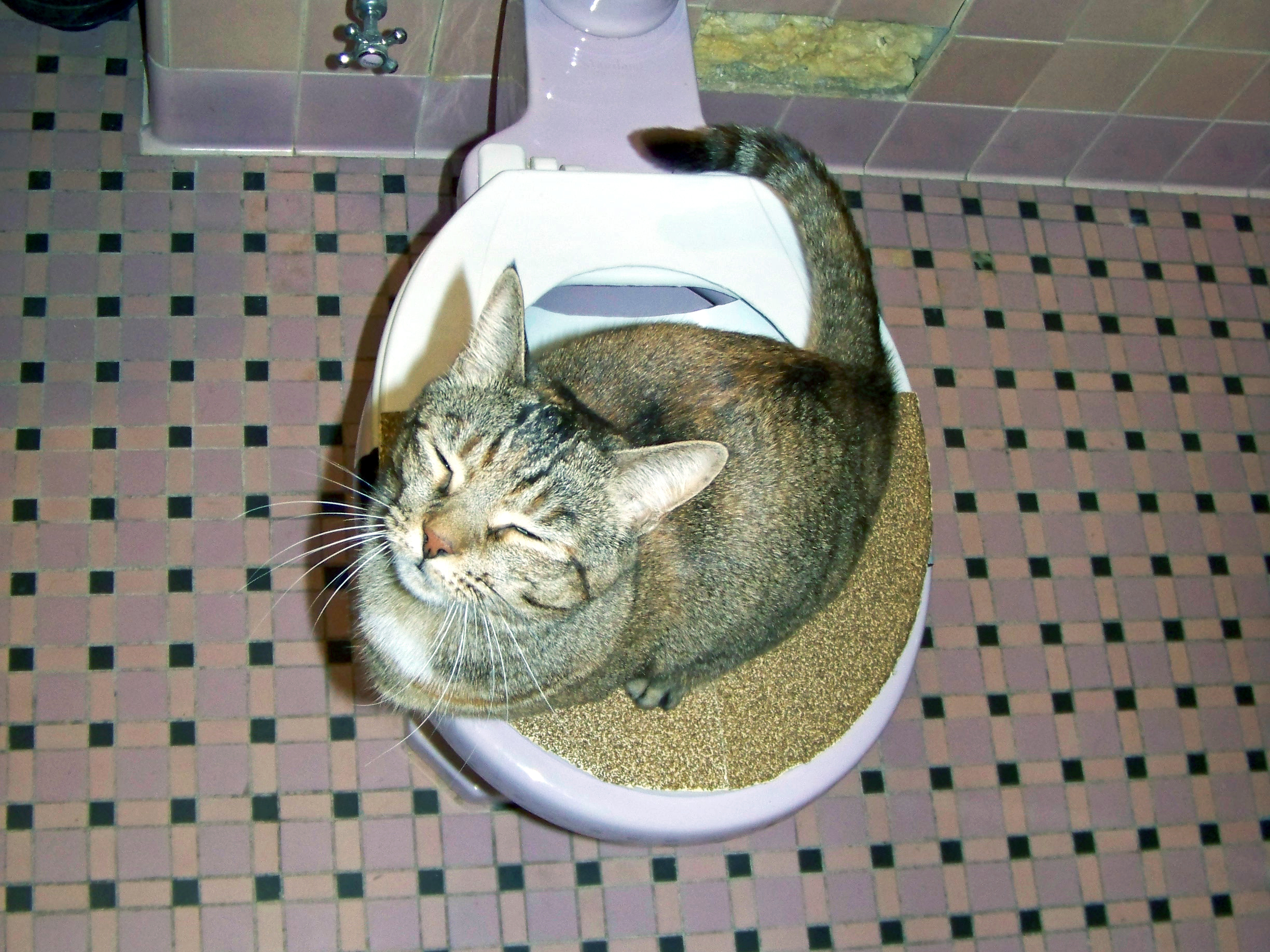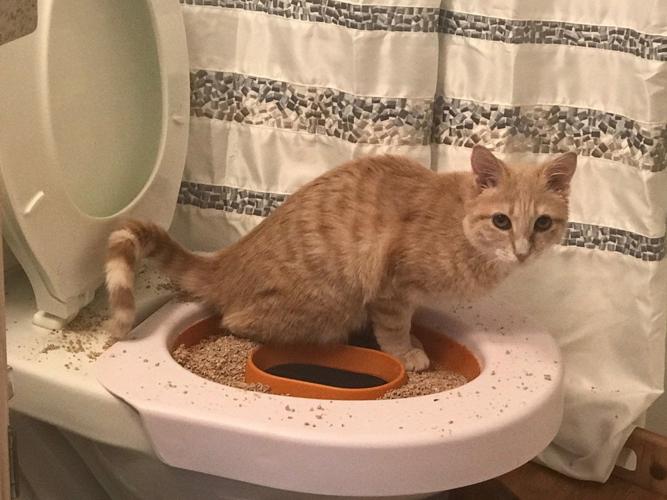Prevent Clogs and Damage: Don't Flush Cat Poop Down Your Toilet - Professional Recommendations
Prevent Clogs and Damage: Don't Flush Cat Poop Down Your Toilet - Professional Recommendations
Blog Article
Do you find yourself trying to locate ideas around Can You Flush Cat Poo or Litter Down the Toilet??

Introduction
As pet cat proprietors, it's important to be mindful of exactly how we get rid of our feline pals' waste. While it may appear convenient to purge feline poop down the toilet, this method can have detrimental effects for both the environment and human wellness.
Environmental Impact
Purging cat poop introduces unsafe microorganisms and bloodsuckers right into the supply of water, positioning a significant threat to water communities. These impurities can negatively influence marine life and concession water top quality.
Health and wellness Risks
Along with environmental concerns, purging feline waste can also pose wellness risks to human beings. Cat feces may include Toxoplasma gondii, a parasite that can cause toxoplasmosis-- a possibly severe ailment, particularly for expecting females and people with weakened immune systems.
Alternatives to Flushing
The good news is, there are more secure and more responsible ways to take care of cat poop. Think about the following choices:
1. Scoop and Dispose in Trash
The most typical method of taking care of feline poop is to scoop it right into a biodegradable bag and throw it in the garbage. Make certain to use a devoted trash inside story and dispose of the waste quickly.
2. Use Biodegradable Litter
Select eco-friendly pet cat clutter made from products such as corn or wheat. These clutters are eco-friendly and can be securely disposed of in the garbage.
3. Hide in the Yard
If you have a lawn, think about burying cat waste in a marked location away from vegetable yards and water resources. Be sure to dig deep enough to stop contamination of groundwater.
4. Set Up a Pet Waste Disposal System
Invest in a pet dog garbage disposal system specifically made for feline waste. These systems make use of enzymes to break down the waste, minimizing smell and environmental effect.
Conclusion
Responsible animal possession extends past providing food and sanctuary-- it also involves correct waste management. By avoiding purging feline poop down the bathroom and opting for different disposal approaches, we can lessen our environmental impact and secure human health and wellness.
Why You Should Never Flush Cat Poop Down the Toilet
A rose by any other name might smell as sweet, but not all poop is created equal. Toilets, and our sewage systems, are designed for human excrement, not animal waste. It might seem like it couldn’t hurt to toss cat feces into the loo, but it’s not a good idea to flush cat poop in the toilet.
First and foremost, assuming your cat uses a litter box, any waste is going to have litter on it. And even the smallest amount of litter can wreak havoc on plumbing.
Over time, small amounts build up, filling up your septic system. Most litter sold today is clumping; it is made from a type of clay that hardens when it gets wet. Ever tried to scrape old clumps from the bottom of a litter box? You know just how cement-hard it can get!
Now imagine just a small clump of that stuck in your pipes. A simple de-clogger like Drano isn’t going to cut it. And that means it’s going to cost you big time to fix it.
Parasitic Contamination
Believe it or not, your healthy kitty may be harboring a nasty parasite. Only cats excrete Toxoplasma in their feces. Yet it rarely causes serious health issues in the cats that are infected. Most people will be fine too if infected. Only pregnant women and people with compromised immune systems are at risk. (If you’ve ever heard how women who are expecting are excused from litter cleaning duty, Toxoplasma is why.)
But other animals may have a problem if infected with the parasite. And human water treatment systems aren’t designed to handle it. As a result, the systems don’t remove the parasite before discharging wastewater into local waterways. Fish, shellfish, and other marine life — otters in particular — are susceptible to toxoplasma. If exposed, most will end up with brain damage and many will die.
Depending on the species of fish, they may end up on someone’s fish hook and, ultimately on someone’s dinner plate. If that someone has a chronic illness, they’re at risk.
Skip the Toilet Training
We know there are folks out there who like to toilet train their cats. And we give them props, it takes a lot of work. But thanks to the toxoplasma, it’s not a good idea.

I was made aware of that report about Don’t flush cat feces down the toilet from an acquaintance on a different web property. Sharing is nice. Helping people is fun. Thanks so much for your time invested reading it.
Services Report this page